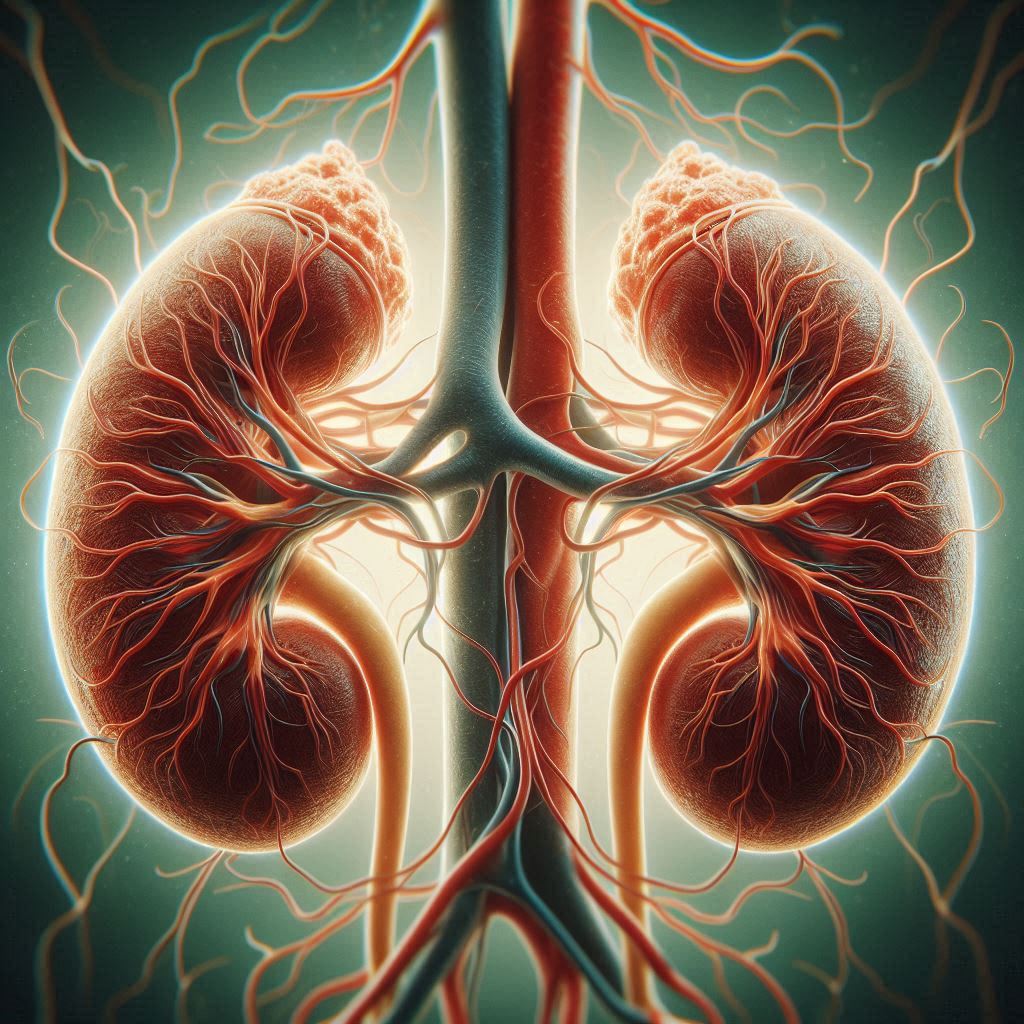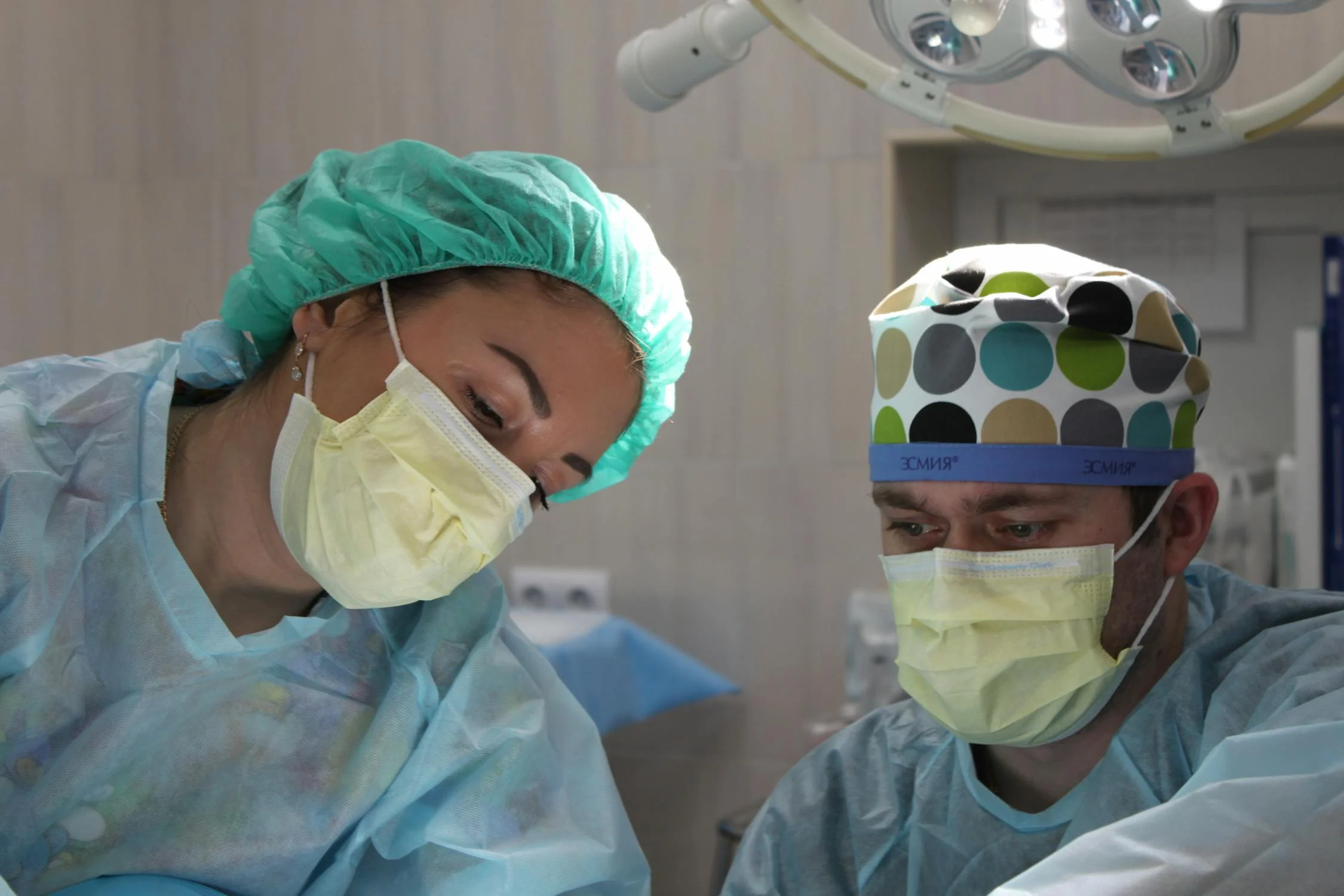Tacrolimus interacts with a wide range of substances, including medications, herbs, and certain foods. Here’s a brief overview:
- Medications: Tacrolimus is metabolized by the cytochrome P450 3A4 (CYP3A4) system, so drugs that inhibit or induce this enzyme can significantly affect tacrolimus blood levels. Inhibitors like azole antifungals (e.g., itraconazole, voriconazole), certain antibiotics (e.g., erythromycin, clarithromycin), and HIV protease inhibitors increase tacrolimus levels, potentially leading to toxicity. Inducers like rifampin, St. John’s Wort, and some anticonvulsants can decrease tacrolimus levels, leading to reduced efficacy and possible organ rejection in transplant patients.
- Herbal Supplements: Herbal products can also influence tacrolimus bioavailability. For instance, St. John’s Wort decreases tacrolimus levels by inducing CYP3A4, while grapefruit juice, schisandra, berberine, turmeric, pomegranate, pomelo, and ginger can increase levels by inhibiting CYP3A4 or P-glycoprotein.
- Food: Certain foods, particularly grapefruit, can increase tacrolimus blood levels due to the inhibition of CYP3A4 in the gut. Patients are often advised to avoid grapefruit and its juice.
- Alcohol and Smoking: Alcohol should be avoided as it can affect the release of tacrolimus from extended-release formulations. Smoking might affect tacrolimus metabolism, although this interaction is less well-documented.
These interactions can lead to either an increased risk of tacrolimus toxicity, with symptoms like nephrotoxicity, neurotoxicity, or an increased risk of rejection due to sub-therapeutic levels. Always consult with a healthcare provider for advice tailored to specific medical conditions or concurrent therapies.



Leave a Reply